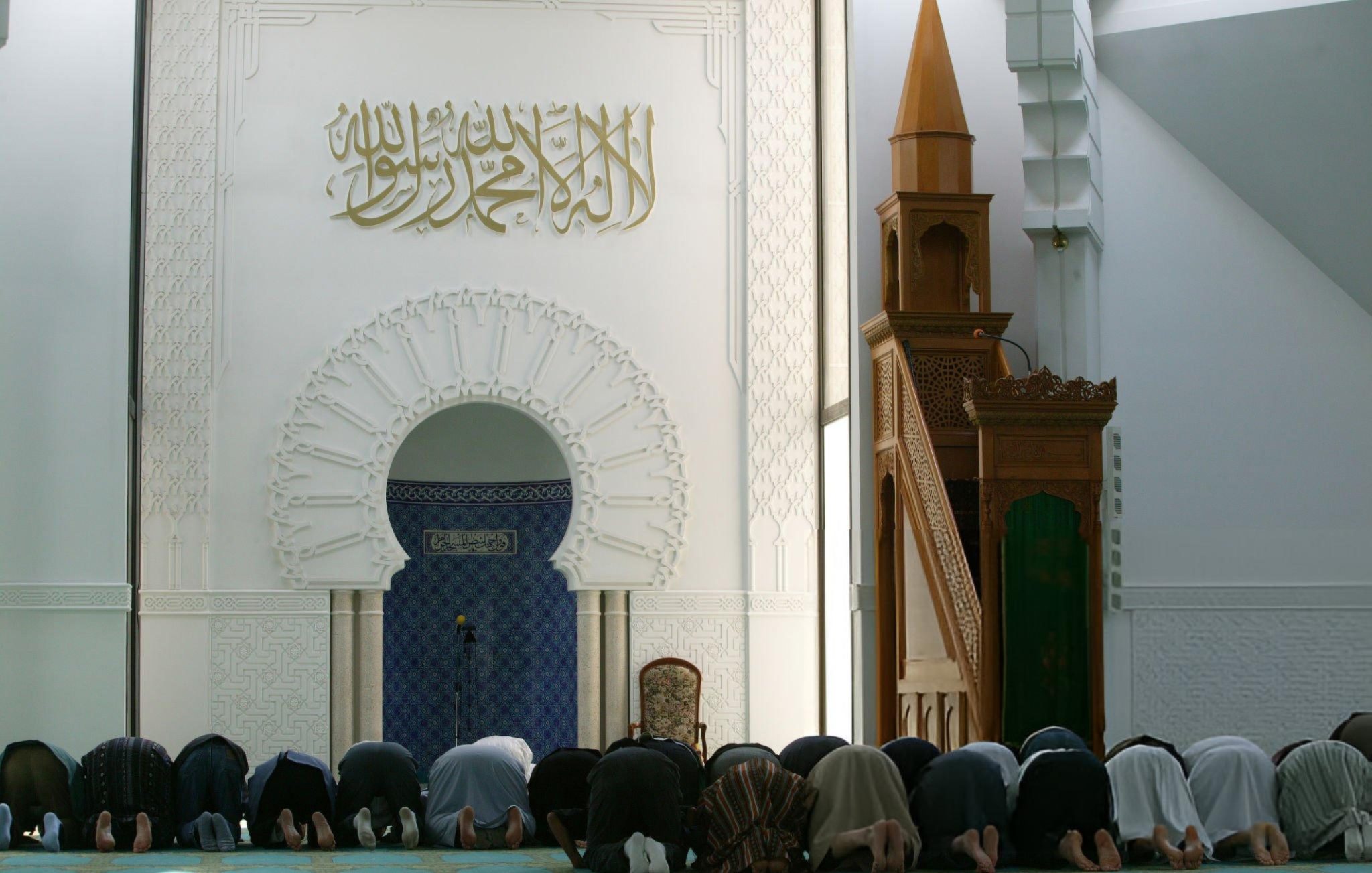New MCB leader: ‘Unacceptable’ to use grooming gangs scandal to smear british muslims
Dr Wajid Akhter, the newly-elected secretary-general of the Muslim Council of Britain (MCB), has condemned the misuse of grooming gangs scandals to tarnish the reputation of British Muslims as a whole. Speaking shortly after his election, Dr Akhter highlighted the importance of addressing injustices while rejecting collective blame.
“One groomer is one too many, Muslim or otherwise,” he stated. “But using the heinous acts of a few to misrepresent an entire faith and ethnicity is also unacceptable. We will act against both injustices.”
Dr Akhter’s remarks follow a report by the right-wing think tank Policy Exchange, which scrutinised his prior statements, suggesting they could hinder the integration of Muslims into British society. The report cited a 2022 article where Dr Akhter argued that faith should take precedence over nationality in shaping identity.
“Most people teach their children to be their nationality or ethnicity first,” he wrote at the time. “But this gives such a limited view of yourself and others. Choosing faith as a primary identity for your children allows a solid foundation upon which to approach the world.”
In response, Dr Akhter rejected the claim that he advocated choosing between faith and nationality, clarifying: “Being British is a cultural and national identity while being Muslim is a matter of faith – these are not mutually exclusive, nor are they in conflict.”
The MCB, established in 1998, is the UK’s largest Muslim umbrella organisation, representing over 500 affiliates. Despite its size and influence, the MCB has faced strained relations with successive governments. Engagement was first suspended under Labour in 2009 due to alleged support for Hamas by a senior MCB figure. While ties were briefly restored in 2010, both Conservative and Labour administrations have since maintained a non-engagement policy.
In his manifesto, Dr Akhter criticised the lack of communication between the Government and the MCB, particularly during the pandemic, when international Muslim groups reportedly expressed surprise at the absence of dialogue. He has pledged to overhaul the MCB’s structure, strategy, and funding to position the organisation as a “unifying force” within the Muslim community.
Addressing a recent surge in Islamophobia on social media, Dr Akhter called for constructive engagement: “We must sidestep the culture wars that force us into a corner and label everyone who criticises us as racist or Islamophobic. We must be willing to engage in good faith with even our most ardent critics. Build bridges, not barriers.”
Dr Akhter was elected over Dr Muhammad Adrees, a consultant physician, in a vote on Saturday. Both candidates faced criticism in the Policy Exchange report for their past views. Dr Adrees was accused of supporting the Iranian regime, a claim he denied, asserting: “I do not endorse the Iranian state regime nor do I have any affiliation with them.”
The outgoing secretary-general, Zara Mohammed, made history in 2021 as the first woman and youngest leader of the MCB. Having served two consecutive two-year terms, she steps down amid ongoing government refusal to engage with the organisation.
Labour minister Alex Norris confirmed to Parliament in August that the non-engagement policy remains unchanged, with no plans for future meetings with the MCB. A Government spokesperson added: “The Government engages regularly with faith communities to foster strong working relationships and we are exploring a more integrated approach to tackling racial and religious hatred, including Islamophobia.”
Dr Akhter’s leadership marks a new chapter for the MCB, as he seeks to address internal challenges and external scrutiny while advocating for British Muslims in an increasingly polarised social climate.






